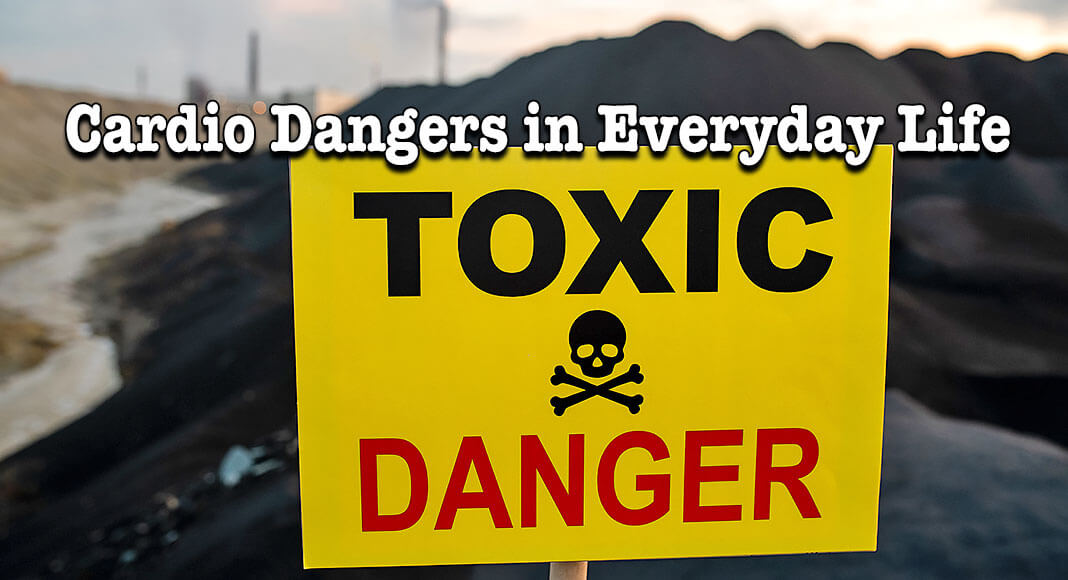
Mega Doctor News
By American Heart Association News
Chronic exposure to low levels of lead, cadmium and arsenic – metals found in daily life – increases the risk of cardiovascular disease, according to a new science report.
The report, published Monday as an American Heart Association scientific statement, reviews evidence that links low or moderate levels of the contaminant metals to cardiovascular diseases such as stroke, coronary artery disease and peripheral artery disease. The statement appeared in the Journal of the American Heart Association.
Environmental toxicants have not been included with traditional risk factors for heart disease. But the growing field of environmental cardiology identifies exposure to these pollutants as modifiable risks. Research included in the report found higher urine levels of arsenic and blood levels of lead and cadmium were associated with 15%-85% higher risk for stroke and heart disease.
“Large population studies indicate that even low-level exposure to contaminant metals is near-universal and contributes to the burden of cardiovascular disease, especially heart attacks, stroke, disease of the arteries to the legs and premature death from cardiac causes,” Dr. Gervasio A. Lamas, chair of the statement writing group, said in a news release. Lamas is chairman of medicine and chief of the Columbia University Division of Cardiology at Mount Sinai Medical Center in Miami Beach, Florida.
Exposure typically happens involuntarily in day-to-day living. Lead can be found in old paint, water pipes, tobacco products, foods contaminated through groundwater and some kitchenware, cosmetics, electronics and industrial emissions. Cigarettes are a source of both lead and cadmium.
Cadmium is found in nickel-cadmium batteries, pigments, plastic, ceramics and glassware, construction products and industrially produced fertilizers. Arsenic exposure is primarily through groundwater, which affects drinking water, soil and food grown in contaminated soil.
The metals can accumulate in the body and remain in bones and organs for decades, committee vice chair Dr. Ana Navas-Acien said in the news release.
“These metals interfere with essential biological functions and affect most populations on a global scale,” said Navas-Acien, a professor of environmental health sciences at Columbia University’s Mailman School of Public Health in New York City.
The risk of exposure is higher for those who live closer to major roadways, industrial sources and hazardous waste sites. Risks are also higher for people living in older homes or areas where environmental regulations are poorly enforced.
“This is a global issue in which lower-income communities are disproportionately exposed to toxic metals through contaminated air, water and soil,” Navas-Acien said. “Addressing metal exposure in these populations may provide a strategy to reduce cardiovascular disease disparities and advance environmental justice.”
The statement suggested a multifaceted approach to reducing risks, including testing individuals for metal and public health measures such as monitoring environmental metal levels. The authors also suggested reducing metal exposure in tobacco and protecting community water systems and wells.
Currently, there is no standard medical therapy to counteract the vascular impact of contaminant metals, but Lamas said “cardiovascular health may be improved with … developing clinical interventions that remove metals or weaken their effects on the body.”











